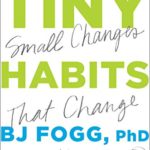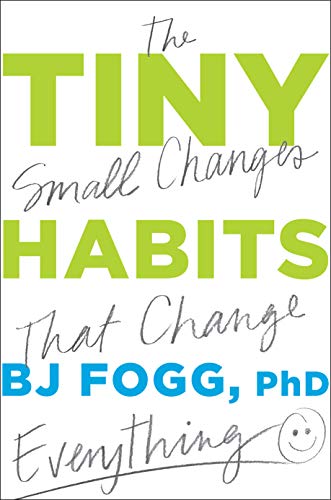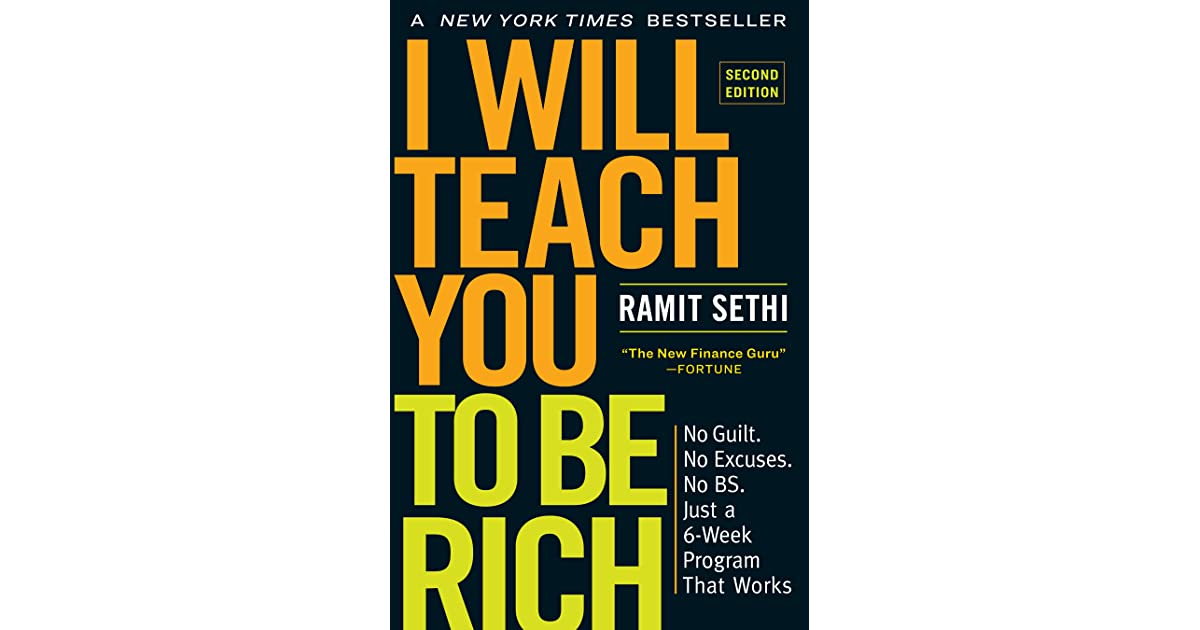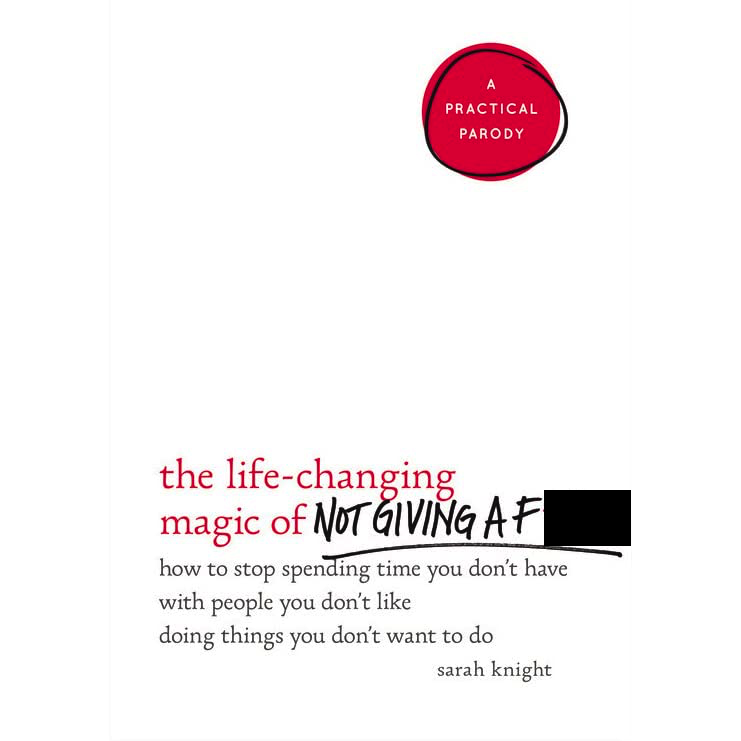For Mark Manson’s “The Subtle Art of Not Giving a Fuck,” I’m going to try something different. I’m going to try to write about something without heaping forty pounds of hate towards it.
Don’t get your hopes up and think this is because I’m maturing as a writer or something. I just frankly have almost nothing bad to say about this book.
If I tried to criticize it as much as I usually criticize things, I’d have to grasp at straws like “People with the last name ‘Manson’ all suck,” and, “I stopped paying attention for two pages, and I learned nothing from those pages,” and, “Putting ‘fuck’ in the title is a cheap ploy to get people to look at the book,” (coming from a guy with a site called Be Better, Stupid).
So I’ll avoid all of that. Let’s get into the book.
Manson: “The desire for more positive experience is itself a negative experience. And, paradoxically, the acceptance of one’s negative experience is itself a positive experience.”
The book is largely a big fuck you to traditional self-help, and as a result, is a welcome breath of fresh air. Whereas other self-help tells you to do what feels good, and to chase your bliss, the crux of this book is about how life sucks sometimes, and how that’s okay, because it is often struggle that leads to progress.
Doing what feels good, as the book points out, often ends with you eating a shit-sandwich a lot of the time (not intentionally of course…unless you’re into that sort of thing).
Shooting heroin, by all accounts, feels incredible. I mean think about it. It doesn’t hook you for life because it’s “okay.” Heroin addicts are fucked up because they know of a high none of the rest of us do, and everything besides heroin therefore seems like it sucks by comparison.
But still, heroin is a not-so-great idea. It’s a prime example of a central point of the book: feeling good isn’t indicative of long-term impacts of your actions. It’s just chasing a quick high.
People who look to feel good all the time are essentially heroin addicts wandering around trying to figure out whose dick they need to suck to get their next hit (My words, not his. I don’t want to turn you off of him. He keeps the dick-sucking talk to a minimum. I do not.)
So trying to feel good all of the time is actually a massive hindrance to us, as the book points out. Or as Manson would say, it’s a shitty value.
Manson: “If you want to change how you see your problems, you have to change what you value and/or how you measure failure/success.”
The book’s title is actually kind of misleading. The idea isn’t to not care (or “to not give a fuck”) about anything, but instead to not care about things that don’t actually matter, thus freeing yourself up to care more deeply and with much more focus about the things that do matter to you.
So for instance, if you don’t give a fuck about what people think, you can more freely be yourself.
If you don’t give a fuck about your dumb fears, you can more actively pursue what you really want out of life.
If you don’t give a fuck about the superficial bullshit that pollutes your life and sticks your head firmly up your own ass, you can focus only on things that actually matter.
If you don’t give a fuck about the fact that you’ll have to do a bunch of work to get what you want, you can actually do the work instead of wasting time fretting over it.
Whereas other self-help is all about getting you what you want, regardless of how dumb, unrealistic, or arts-degreeish it might be, Manson posits the idea to you of, “Wait, but maybe your desire is stupid.”
Manson: “We suffer for the simple reason that suffering is biologically useful. It is nature’s preferred agent for inspiring change.”
Other self-improvement books often leave you with a feeling that you can lead a shit-your-pants-amazing, perfect, stress-free existence. Manson points out that this is stupid, and that struggle is inevitable for all of us.
Why is struggle inevitable? Because to some degree, we all become spoiled.
To an AIDS patient in sub-Saharan Africa, a wealthy American housewife doesn’t have any problems. To her, she has endless, terrible, overwhelming problems. Her and her husband have lost a spark, Whole Foods is out of cage-free turkey eggs, and she forgot that her mid-sized luxury SUV only takes premium gas, and she just filled it up with unleaded plus, and what is she supposed to do about that? How, oh how will she get little Taddison to baseball tomorrow? GOD, LIFE IS HARD!
It seems stupid, but it feels real to her, and it therefore is real. All suffering is relative. As Manson points out, everyone suffers either because of their hardship or because of their wealth. For many of us, it’s both.
I suffer because I had things easy growing up and at times it leaves me ill-prepared for reality, but I also suffer because there’s a wall of traffic between me and where I need to go, and fuck! I can’t afford a helicopter!
So life isn’t about avoiding problems, according to Manson. It’s about having good problems, and then solving them as much as you can. Solving one problem will create another, and that’s what constantly moves us forward.
In other words, hoping for a Hakuna Matata life is only going to leave you bitter and frustrated. Simba wasn’t getting shit done with Timon and Pumba. With them, he would have died depressed, bored, and weak. He needed to return to Pride Rock, and murder his uncle, and so do all of us.
Manson argues that our good lives have at times left us to become unhappy more easily, because we’ve developed an entitlement that makes it so that we think we always deserve to be happy. So when things get tough or even just weird, we retreat to safe spaces (be it a literal safe space or a game of Candy Crush) and become less and less able to deal with reality.
This causes us to escape reality in search of immediate joy more, which in turn renders us less and less able to deal with what comes at us. It’s a total bitch of a cycle.
Manson: “Our culture today is obsessively focused on unrealistically positive expectations: Be happier. Be healthier. Be the best, better than the rest.”
So instead of telling you to believe in your absurd expectations with everything you’ve got, Manson takes a hard left. The book instead tackles why our expectations of exceptionalism are such a problem, and how common these fucked up expectations have become.
Because we’re surrounded in the media with only the exceptional, we in turn believe that you need to be exceptional in order to lead a good life. This is of course, bullshit. In reality we only need to be exceptional if we decide to give a fuck about being exceptional.
As soon as we let go of this, we find it much, much easier to lead a good, happy life.
Manson: “We don’t always control what happens to us. But we always control how we interpret what happens to us, as well as how we respond.”
One area the book arrives at a similar place as normal self-help is in the idea of reacting to hardship with positivity, but Manson approaches it from a different, and more useful angle.
Instead of trying to tell you what a basket of rainbows and muffins life will be, Manson very plainly says that life will suck sometimes, and that it’s our responsibility to respond to sucking as best as we possibly can.
This not only avoids the common evil of making people feel more entitled to an easy, stress-free life that you see so often in self-help, but it also sets you up better to respond to it.
If you approach your life with a constant sense of responsibility for yourself and your actions, you will in turn take better actions. You will be less of a fucking idiot if every decision you make determines whether or not you’re being a fucking idiot.
So responding positively doesn’t mean being a delusional dipshit. It doesn’t mean getting diagnosed with colon cancer and saying “Hooray! Now I’ll lose some weight!”
It means deciding how to best approach the future instead of wallowing in self-pity.
Manson: “To try to avoid pain is to give too many fucks about pain. In contrast, if you’re able to not give a fuck about the pain, you become unstoppable.”
Lastly, the book subtextually argues that life is meaningless, and so are all of your actions, which sounds like a bummer, but Manson argues it’s actually a good thing.
After all, he says, if there is no reason to do anything, there is also no reason not to do anything. You can choose your own meaning; you can define your own importance. You can choose which fucks to give.
And if you choose your fucks wisely, you’ll be in much better shape going forward.
I’d like to focus on what’s wrong with this book so that I could call the author an idiot for a while, and maintain my streak of everything I write being a bitch-a-thon, but frankly, I’ve decided to stop giving a fuck about that.











